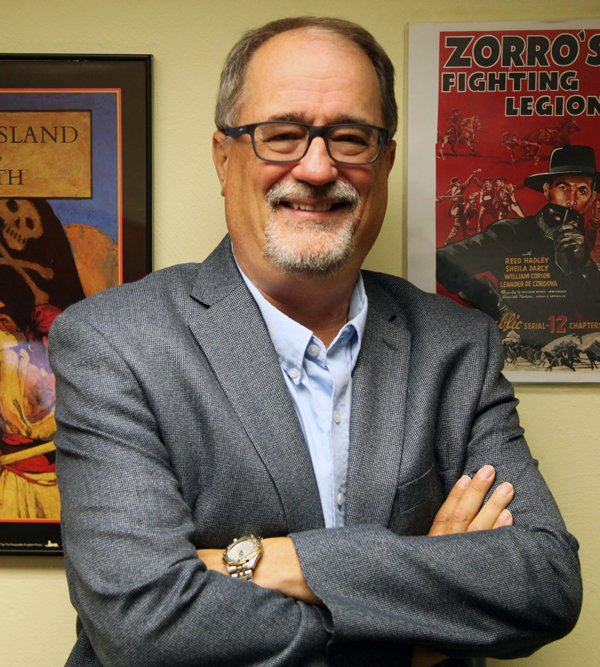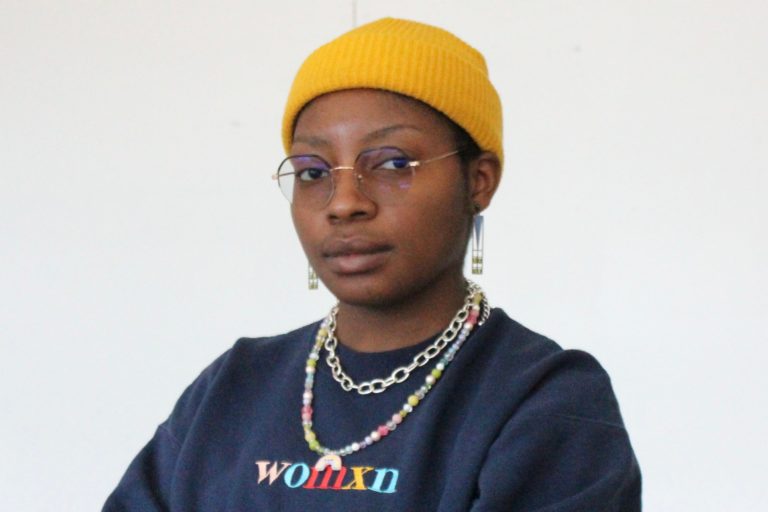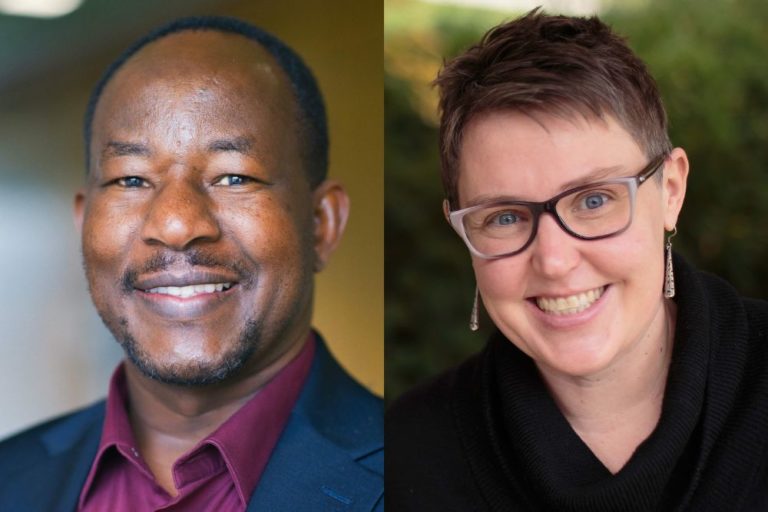Professor of English Gary Hoppenstand has received a special honor by the Governing Board of the national Popular Culture Association (PCA), which voted 10-0 to name its annual gift to the Ray and Pat Browne Popular Culture Library at Bowling Green State University, the Gary Hoppenstand Gift.

The decision to name the gift in Hoppenstand’s honor was made during a recent meeting of the Popular Culture Association Governing Board in Chicago. Just prior to the vote, Hoppenstand, who sits on the board, was asked to leave the room.
“I thought I was in trouble,” he said. “When they invited me back and read the proclamation, I felt so honored because this is the association I’ve spent my life working on. I’ve held various posts, been vice president, president, and now am on the governing board. I’ve also been heavily involved with the Popular Culture Library and sit on the Library Advocacy Board, so this honor means a great deal to me.”
The annual funding is earmarked for both conservation of materials and purchase of new materials at the Ray and Pat Browne Popular Culture Library.
I felt so honored because this is the association I’ve spent my life working on.
“When I was a grad student at Bowling Green, Ray Brown served on my dissertation committee and was my mentor. We even coauthored two books,” said Hoppenstand, who also serves as Secretary of Academic Governance for Michigan State University.
The Popular Culture Association was founded by scholars who believed the American Studies Association was too committed to the then existing canon of literary writers such as Melville, Hawthorne and Whitman. In response, Professors Ray Browne (Bowling Green) and Russel Nye (Michigan State University) created the PCA. Its first meeting was at MSU in 1971.
“In forming the PCA, Ray, Russ and others wanted to broaden popular culture studies as well as be more inclusive, and that’s precisely what they did,” Hoppenstand said. “Ray and Russ were a major force in opening doors to the kind of popular culture studies we have today. This includes LGBTQ and feminist studies, studies of film, music, comics and more. Today, virtually every university press has a popular culture book or two in its lists, where none existed just 20 years ago.”
In 1979, the American Culture Association partnered with PCA in the study of Popular Culture. Today, this partnership nurtures the study of popular and American culture and supports new and established scholars in both their research and teaching.


